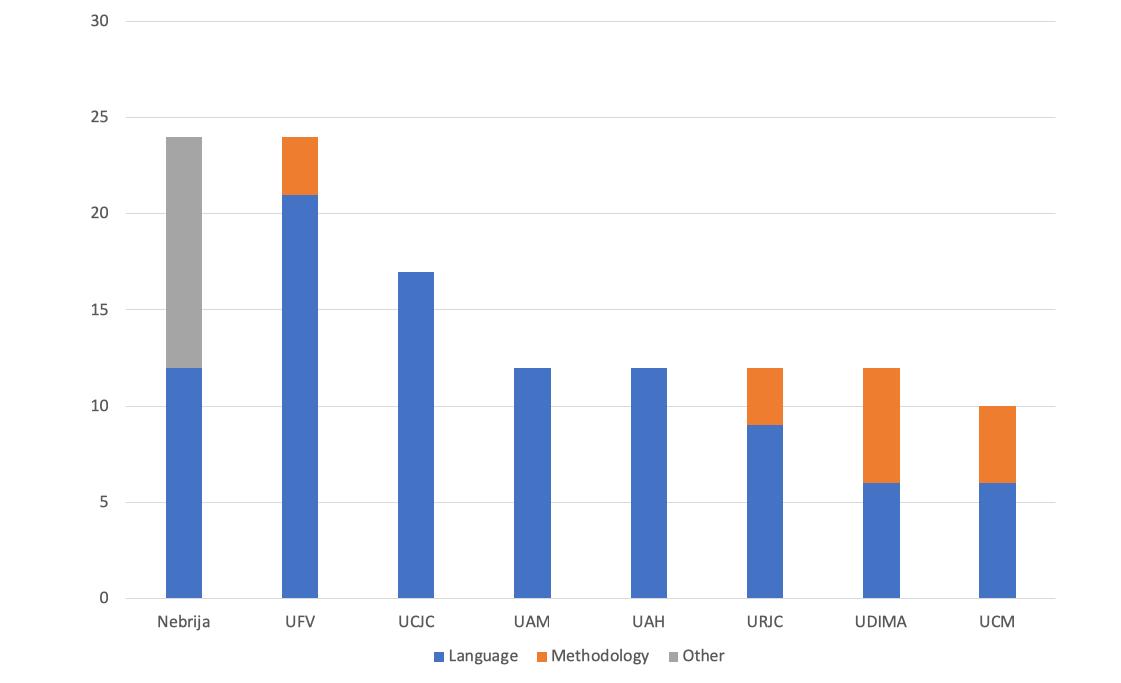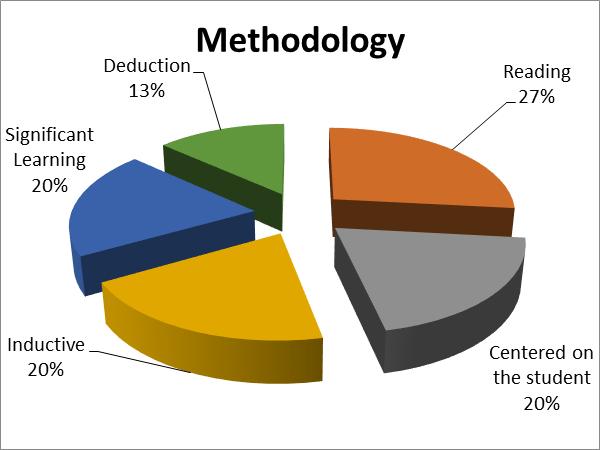151
International Journal of Learning, Teaching and Educational Research Vol. 20, No. 3, pp. 151-168, March 2021 https://doi.org/10.26803/ijlter.20.3.10
The Attitudes of Pupils towards using Flipgrid in Learning English Speaking Skills Joan Lim Ker Shin and Melor Md Yunus* Universiti Kebangsaan Malaysia, Selangor, Malaysia https://orcid.org/0000-0002-0978-9904 https://orcid.org/0000-0001-7504-7143
Abstract. The objective of this research is to conduct an investigation into the attitudes of primary pupils towards using Flipgrid in learning English speaking skills in a Year 4 Common European Framework of Reference for Languages (CEFR) classroom. The research used a mixed-methods approach using an explanatory sequential design. Data collection was via a questionnaire and semi-structured interviews with 60 CEFR primary Year 4 pupils with low English-speaking proficiency. The results of the questionnaire were analysed descriptively, whereas the data from the semi-structured interviews was analysed using thematic analysis. The findings showed that primary pupils in a CEFR classroom had a high positive attitude towards using Flipgrid to learn English speaking skills. This research has highlighted the potential use of Flipgrid in both learning and teaching English speaking skills in a CEFR classroom. More extensive research into the use of Flipgrid by secondary pupils in a CEFR classroom would be of further interest. Future research on this topic may provide greater insight into the different ways in which English educators can teach English speaking skills to secondary pupils. Moreover, the results could provide useful information to the Ministry of Education on the use of the e-learning approach in the learning and teaching of English speaking skills in the Malaysian CEFR classroom. Keywords: Flipgrid; speaking; attitude; primary pupils; English language education
1. Introduction The industrial revolution has had a major impact on businesses and workplaces (Coldwell, 2019) and English has become the international lingua-franca of the business world irrespective of geographical, social, political or religious differences (Rao, 2019). In Malaysia, the use of the English language is further enhanced by the issue of the increasing rate of unemployed graduates. At the start of 2020, the mass media reported that half of young graduates were unemployed (Welsh & Chang, 2020). Bakar (2018) states that 59% of new graduates do not get hired because of their poor grasp of the English language. The chief economist at
©2021 The authors and IJLTER.ORG. All rights reserved.






